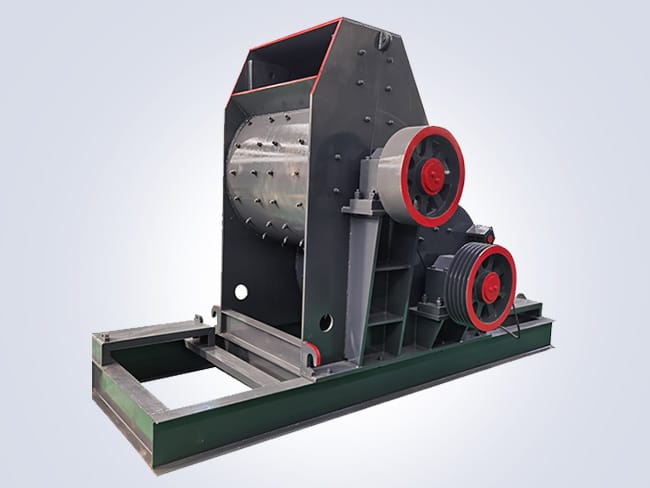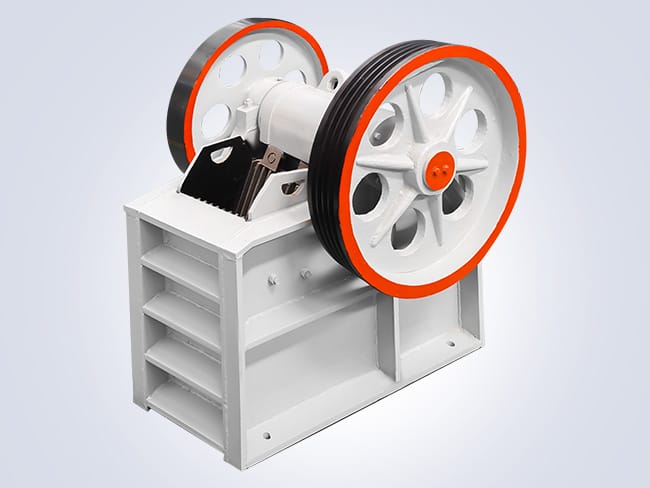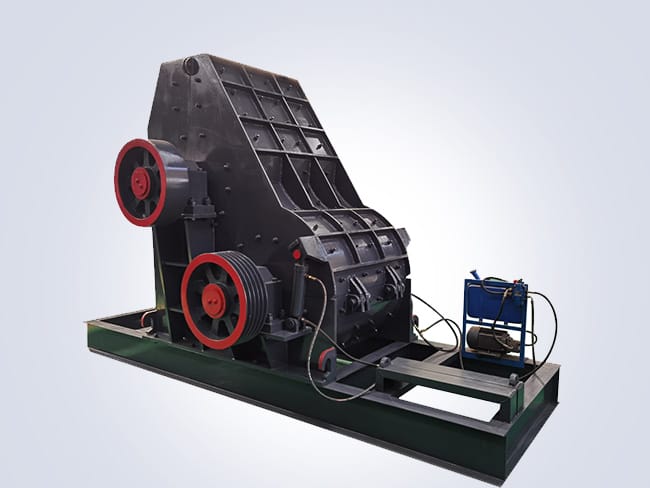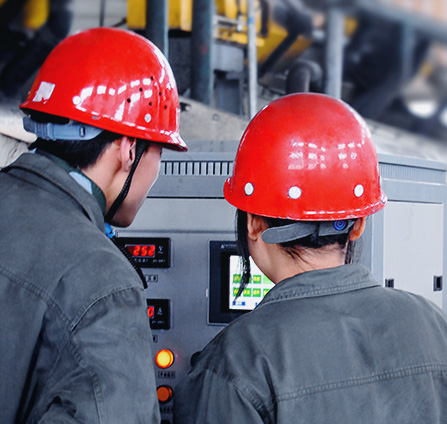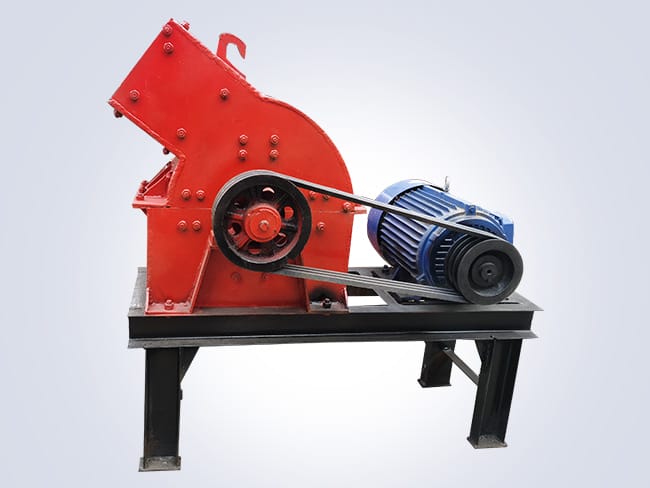
A hammer crusher is a commonly used crushing device, widely applied in industries such as mining. construction materials. Chemical engineering, and metallurgy. It is primarily used for crushing various medium-hard materials with weak abrasiveness. Such as coal, salt, gypsum, bricks, limestone, and other materials with fibrous structures, elasticity. And high toughness, such as wood chips, paper, or asbestos cement waste.
The hammer crusher is utilized in multiple industries
The working principle of this equipment involves using the impact force of high-speed rotating hammers to crush the material along its natural fractures and joints. When the material enters the crushing chamber, it is impacted by the high-speed rotating hammers and breaks apart. Gaining kinetic energy in the process. The material then collides with the impact plates and grates at high speed, resulting in further fragmentation. Additionally, the high-speed movement of the material causes particles to collide with each other, contributing to the overall crushing effect.
The equipment is suitable for crushing medium-hard materials in sectors such as cement, chemicals, power generation, and metallurgy. For example, it can be used for the secondary and fine crushing of materials like limestone. Furnace slag, coke, and coal. Specifically, heavy-duty hammer crushers are applicable for the crushing of materials with a compressive strength not exceeding 150 MPa, capable of directly reducing large-diameter materials into smaller particle sizes.
As technology advances and market demands evolve, the equipment is moving towards greater efficiency and energy savings. At the same time, structural designs are being optimized, and automation levels are being improved to meet the needs of future industrial development.
In summary, the hammer crusher, with its efficient and stable performance, plays a vital role in the industrial crushing field and will continue to serve as a key piece of equipment in multiple industries.




